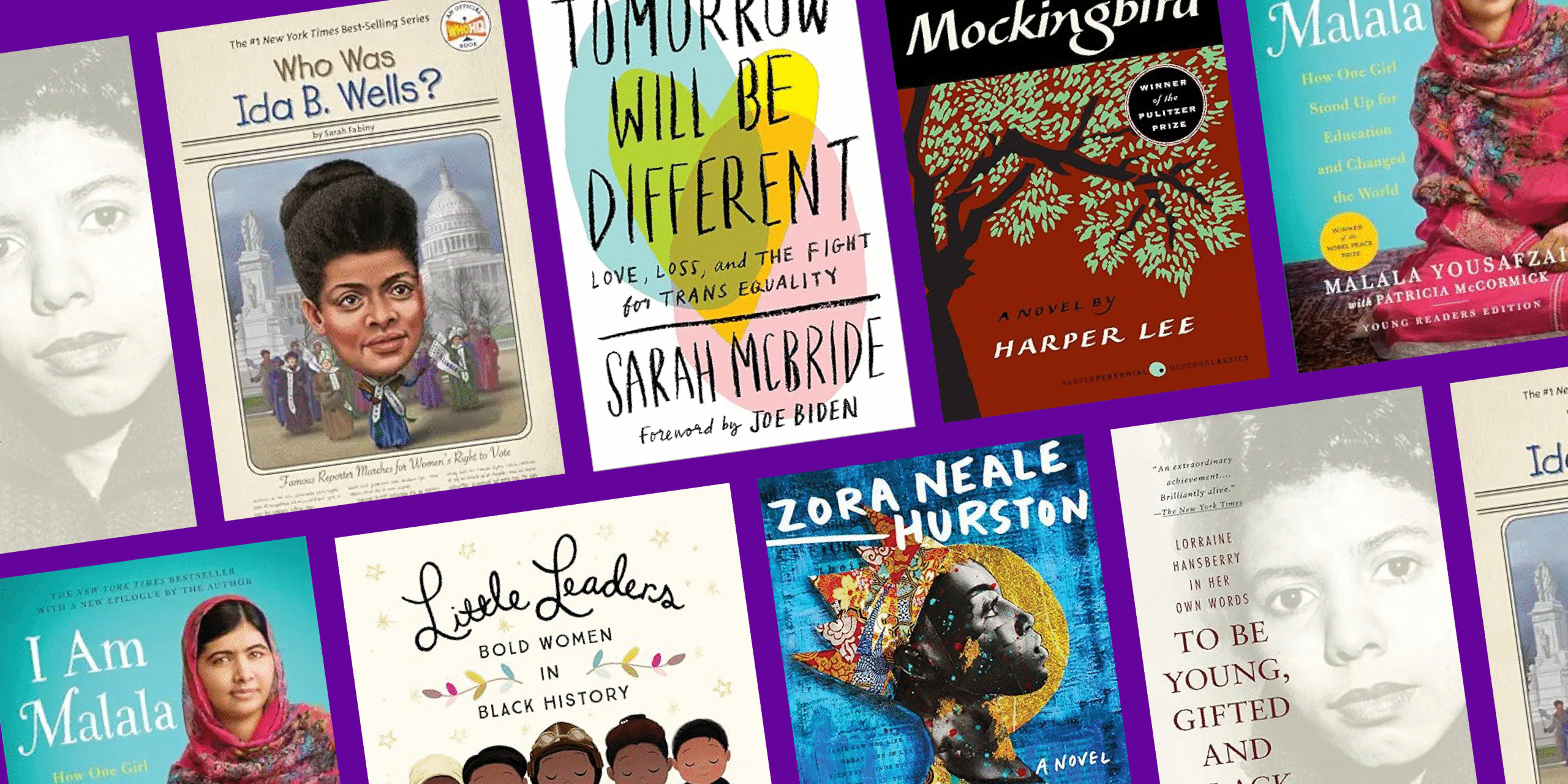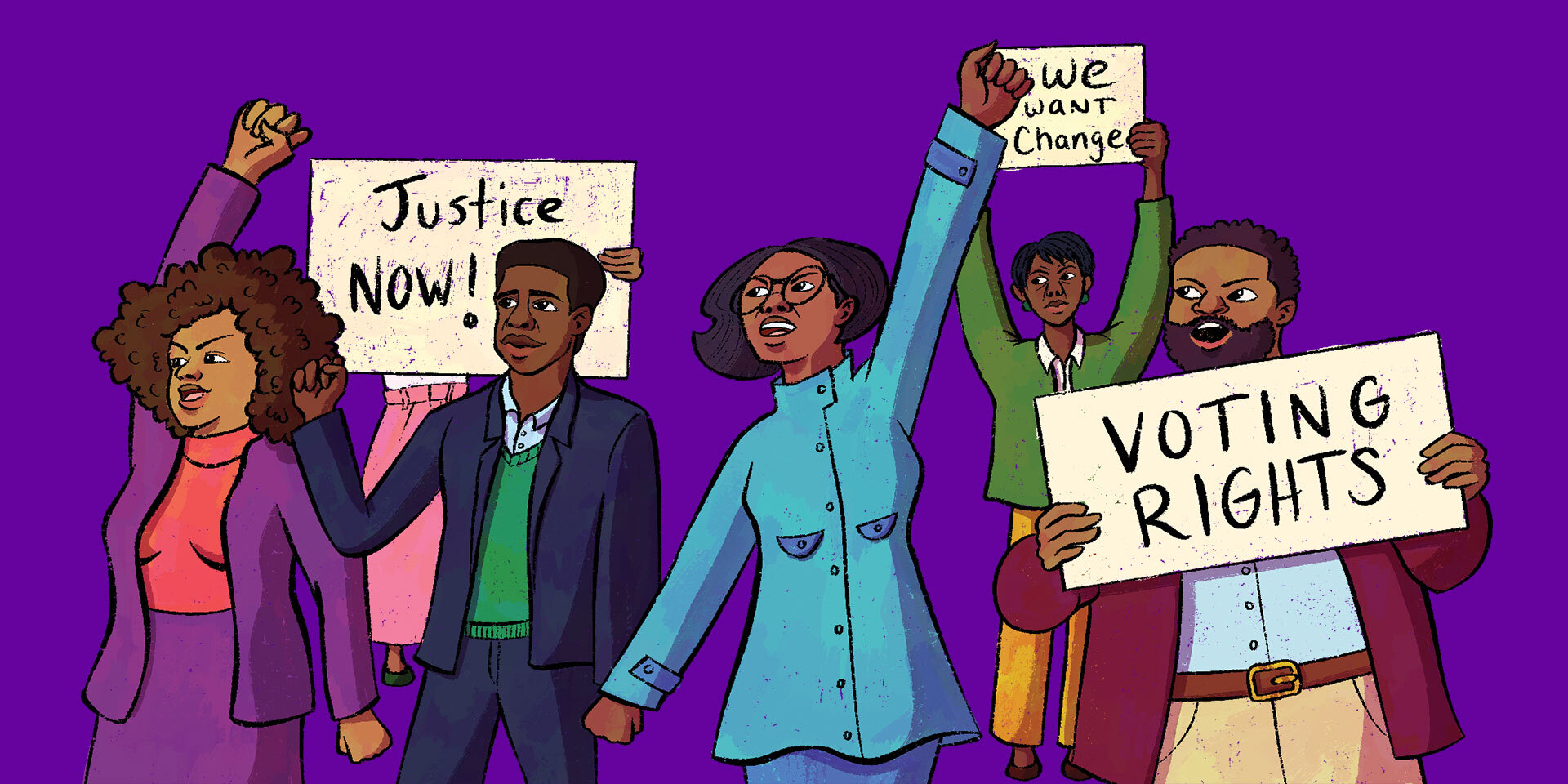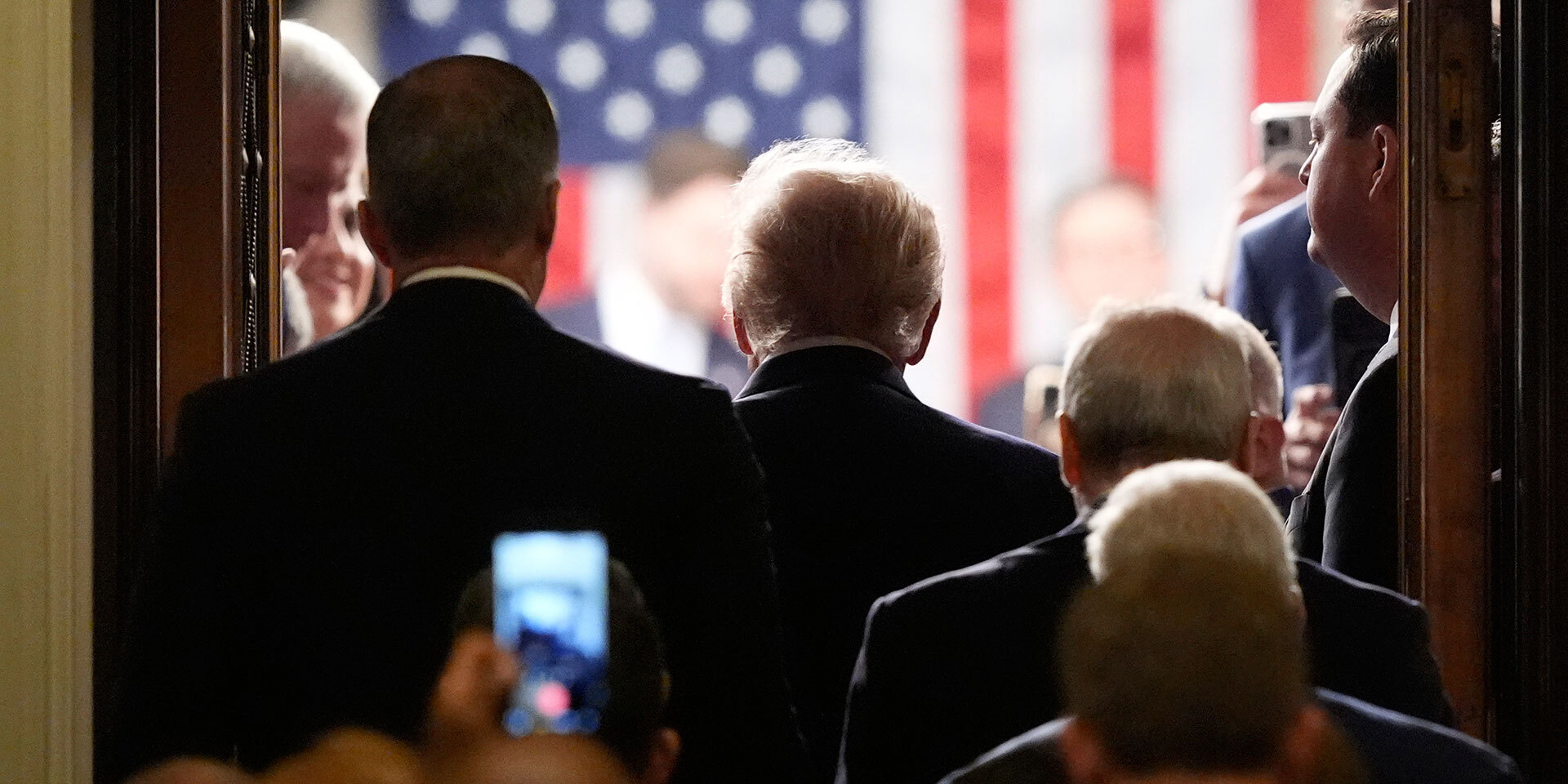As the new Congress and administration take hold in Washington, you’ll be hearing a lot about voter ID laws and proof-of-citizenship requirements. For this reason, it’s important for lawmakers, the media and the public to understand how these laws could impact our democracy.
At VoteRiders, we’ve been focused on voter ID laws since 2012. Today, 38 states — more than ever before — have ID laws in place, and 18 states have passed new or stricter voter ID laws since 2020 alone. After years of working on democracy programs in places like Iraq and Syria, I was moved by the aftermath of the 2016 election to focus on protecting voting rights at home. Leading VoteRiders since 2021 has been an honor and a privilege — especially as I think about the democracy my two young children will inherit.
As the country’s leading nonpartisan voting rights organization focused on voter ID, we have a firsthand perspective on how voter ID laws create unnecessary barriers for millions of eligible voters. While proponents claim these laws are necessary, in-person voter fraud is statistically nonexistent. The way to build trust in elections is by making them accessible to all eligible voters — not shutting millions out. Voter ID laws “solve” problems that don’t exist while creating obstacles for millions of eligible voters.
When you register to vote, you affirm your identification and U.S. citizenship under penalty of perjury. Adding more ID requirements at the polls is redundant at best, and deeply harmful for voting access at worst. The impact is pronounced for communities that have historically faced voting barriers — including people of color, elderly voters, students and people with disabilities. For example, our recent research revealed that citizens of color were 3.7 times more likely to be without an up-to-date and unexpired license or state ID card than white adult citizens.
Requiring proof of citizenship to register to vote — such as presenting a document like a U.S. birth certificate or passport – would likewise present powerful barriers to voting access that would impact voters of all ages, backgrounds and political leanings. About 1 in 10 voters nationally reported that they did not have easy access to this type of document, a percentage which held constant in a survey of Georgia in 2024.
At VoteRiders, we see these challenges daily.
We’ve assisted elderly voters who no longer drive but need a current photo ID to vote. We’ve worked with college students whose university IDs aren’t accepted at polling places. We’ve supported transgender voters facing challenges when their ID doesn’t match their current gender presentation or name. The stories of the voters we support with free ID help are eye-opening. At the same time, their stories are inspiring. As we’ve seen in Florida and Georgia, Americans have a steadfast desire to make their voices heard at the ballot box despite rising barriers.
If a state chooses to request or require voter ID, let’s make sure the rules work for everyone. That means accepting many types of ID — from tribal and student IDs to utility bills — and giving voters the option to sign a simple form at the polls if they don’t have ID. The Freedom to Vote Act in Congress has been stalled for five years, but it would put these common sense standards in place nationwide and be an effective antidote to the scores of states that have passed overly restrictive and suppressive voter ID laws in recent years.
Consider joining VoteRiders as a partner, volunteer or supporter in this critical year for voting rights. We’re proud to be working with thousands of allies in this crucial fight.
Lauren Kunis is the CEO and executive director of VoteRiders.
Picture at top: Lauren Kunis, CEO and executive director of Vote Riders, speaks at a National Voter Education Week event at Pace University, co-sponsored by Drag Out the Vote, in October 2024. (Credit: Ryan Leach)





